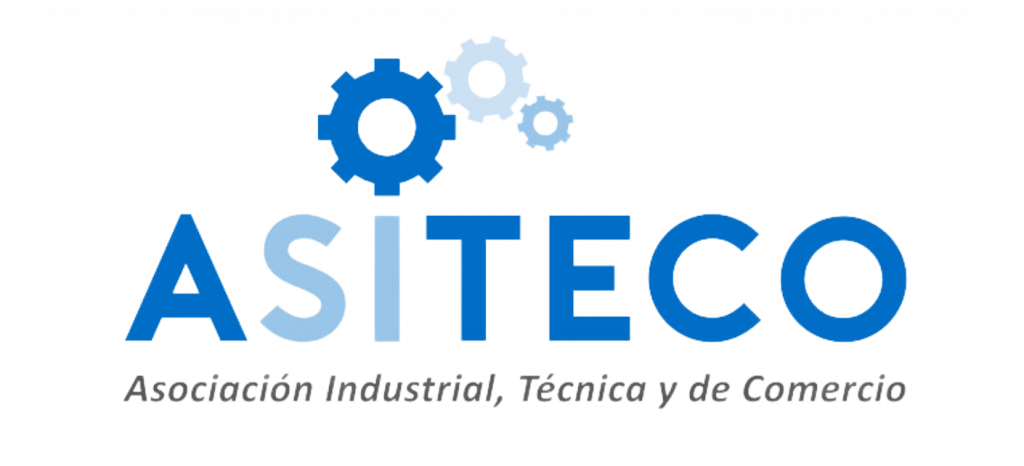About the project
This project aims to address the unsatisfactory number of European Works Councils (EWCs) established in the public services sector since the entry into force of the RECAST EWC directive and the shortcomings in existing EWCs’ practices. Companies in the public services sector usually do not have enough capacity to meet the threshold to establish EWCs. According to the ETUI’s EWC database, there are only 20 active EWCs in public services (the lowest number of EWCs if we compare sectors). Therefore, the project aims to increase public services sector workers’ participation in decision-making processes, raise awareness, and contribute to the application of EU law by supporting the setting up and good functioning of transnational information, consultation, and participation mechanisms and bodies -European Works Councils.
The project provides a full project cycle: preparatory, dissemination, implementation, follow-up, and reporting activities. The project includes the implementation of the following activities: Inaugural meeting in Spain, International seminar in Serbia, Training in Italy, National online disseminating meetings in participant (4) countries, Development of publication “Establishing and Promoting EWCs – Increasing workers’ participation in Public Services Sector”.
The project’s main goal is to enhance participatory procedures in public services sector employees for development of genuine employee involvement, especially for establishing new EWCs and improved effectiveness of work of existing EWCs in public services sector. The project also targets several trade unions providing public transport services as well as employers’ organizations to ensure lasting impact of the project. To ensure a genuine transnational dimension of the project, the action includes 2 candidate countries (RS, MK) as well as the old EU member states (ES, IT). The overall result of the project is strengthened transnational cooperation in the context of shaping conditions for development of genuine employee involvement, especially for establishing new EWCs and improved effectiveness of work of existing EWCs in the public services sector.






